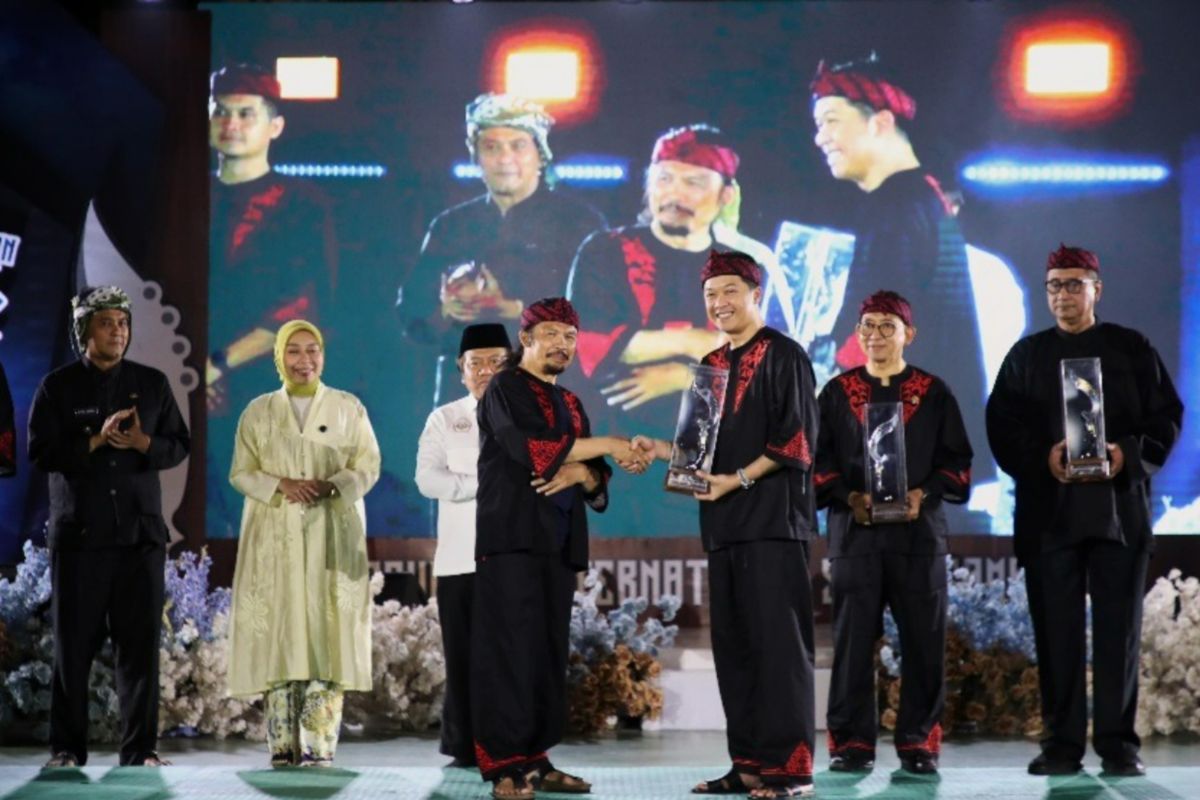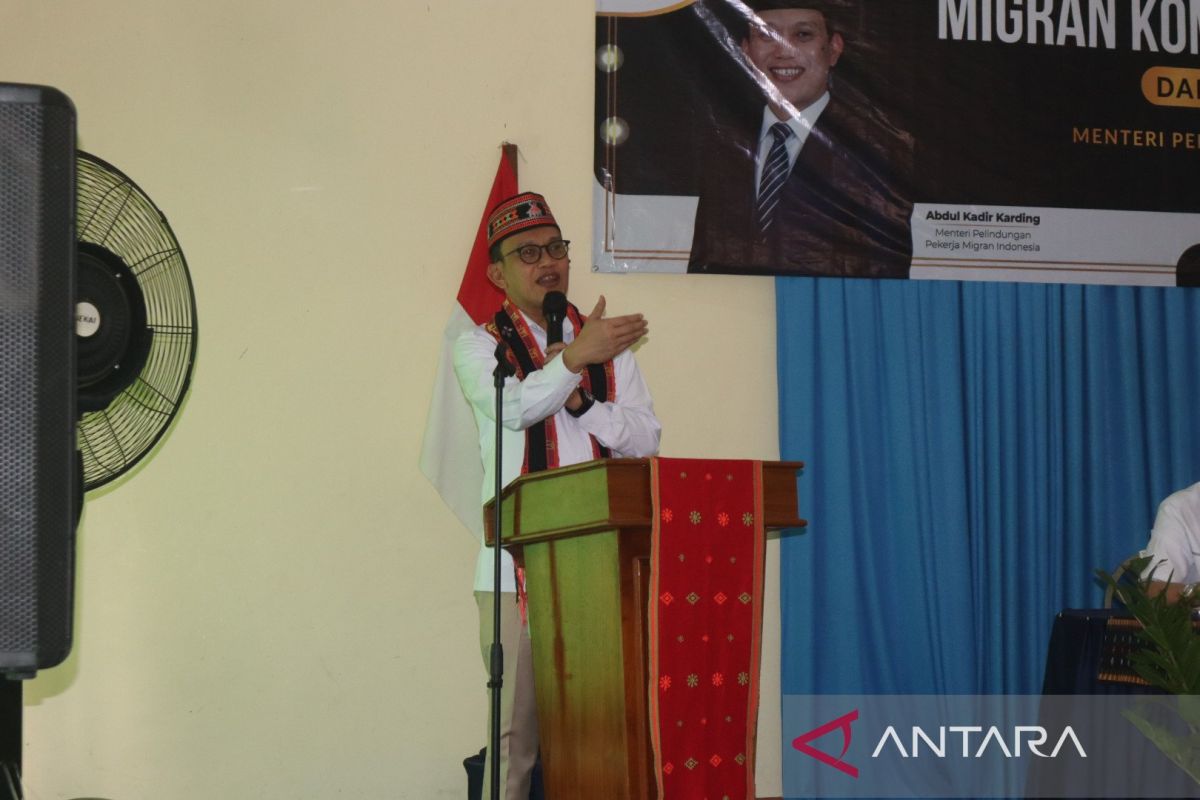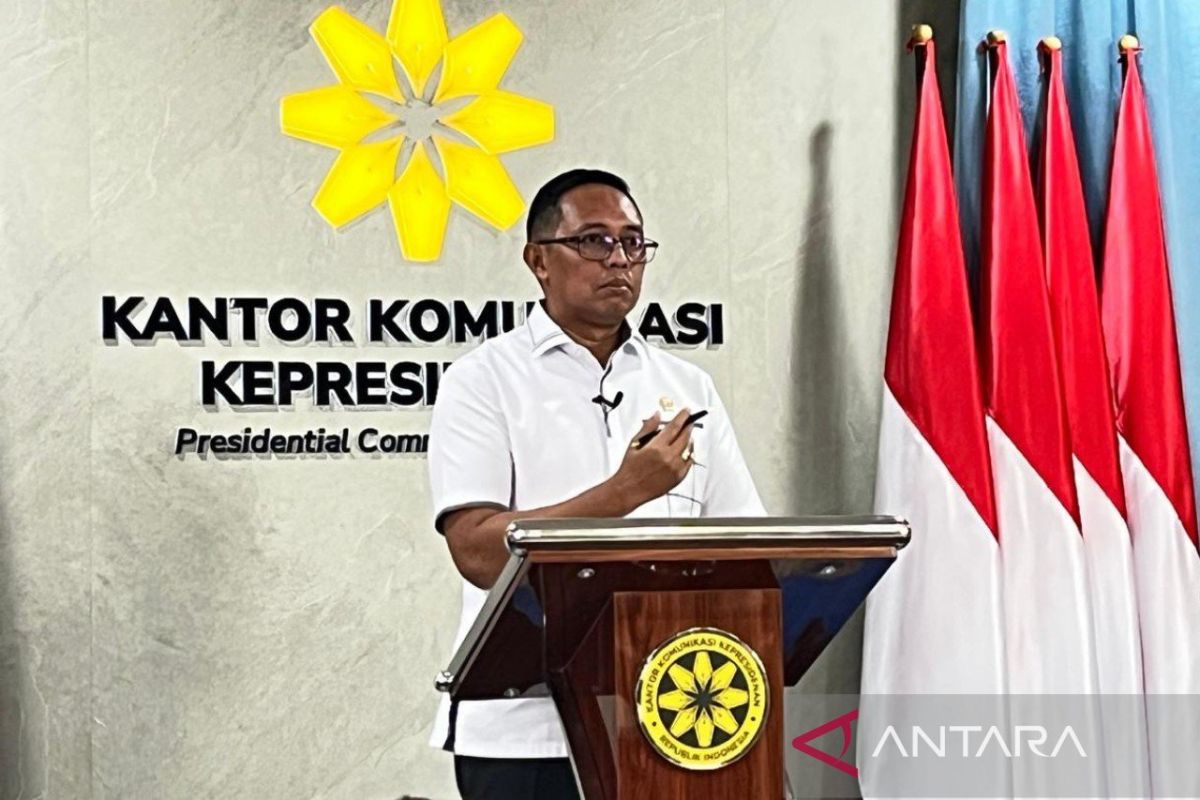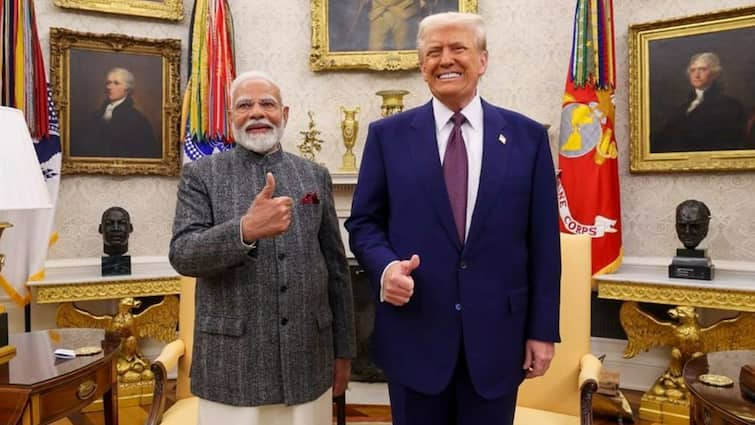Gill said that an “agreement has been reached on all the key elements” of the TSD chapter — but that doesn’t necessarily mean it’s been finalized or agreed.
Jakarta and Brussels are still nursing wounds from a WTO case in 2021 over nickel ore. Indonesia, a leading producer, had imposed a ban on exports of the raw material, which yields the industrial metal used to make electric-vehicle batteries and stainless steel. The bloc challenged and won, but since there’s no functioning appellate body, Indonesia appealed the case into the void.
What’s more, the ban is still in force today — and that remains a sticking point in the talks.
“It’s also the right of Indonesia to want to develop local industry and to hold a share of the value of nickel in their country and build up their own industrial policy,” said Alessa Hartmann, a researcher at German climate think tank Power Shift.

Despite that, the EU is still pushing for access to raw materials in the deal. Spokesperson Gill said the EU was “striking the right balance between fostering EU competitiveness, by removing Indonesia’s distortive measures on key supply chains, and catering for Indonesia’s policy space needs.”
Deforestation differences
It’s not only nickel ore that symbolizes the EU’s quest for critical raw materials in its bid to reduce its dependence on China — Indonesia is also the world’s largest producer of palm oil.








